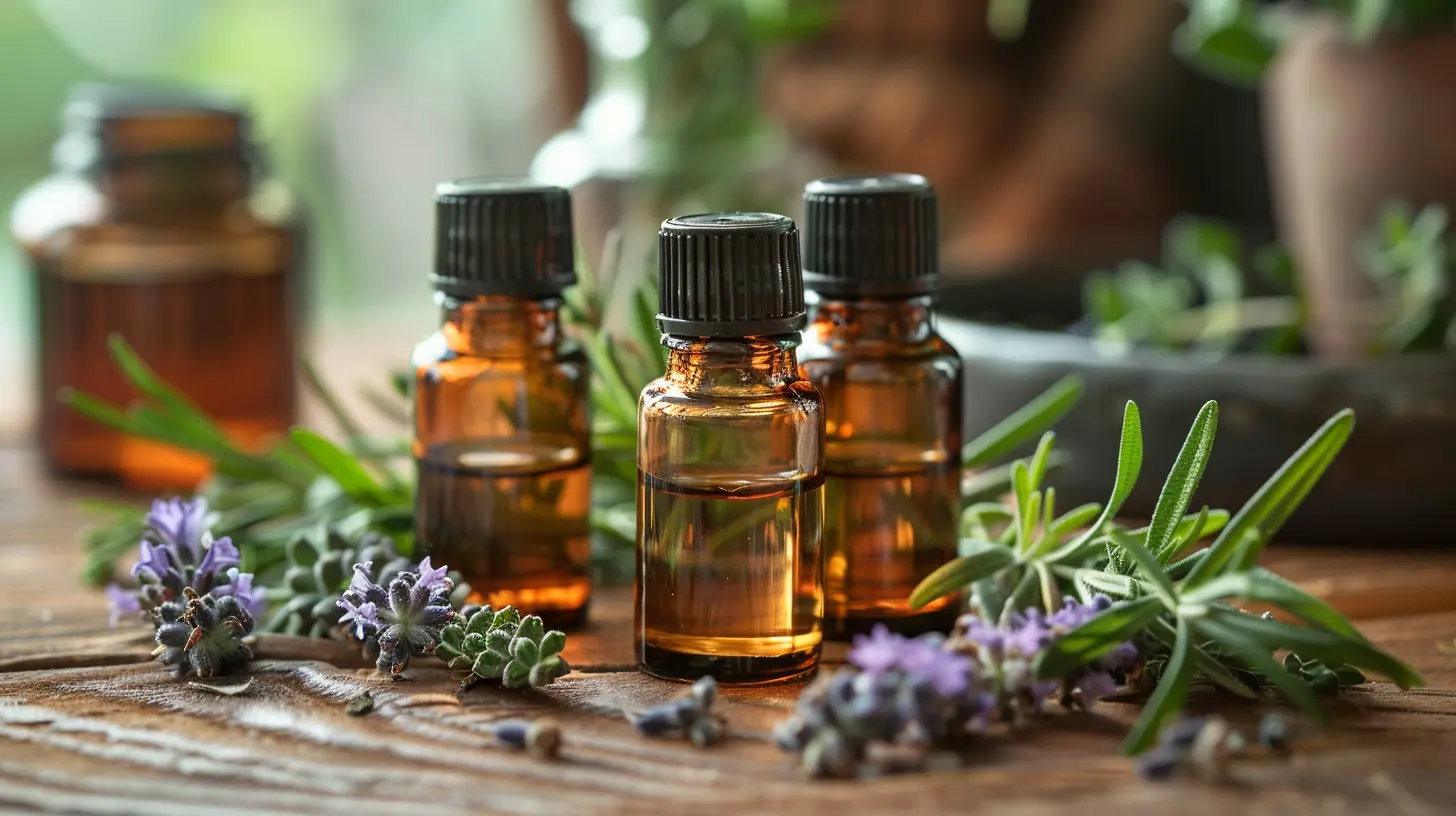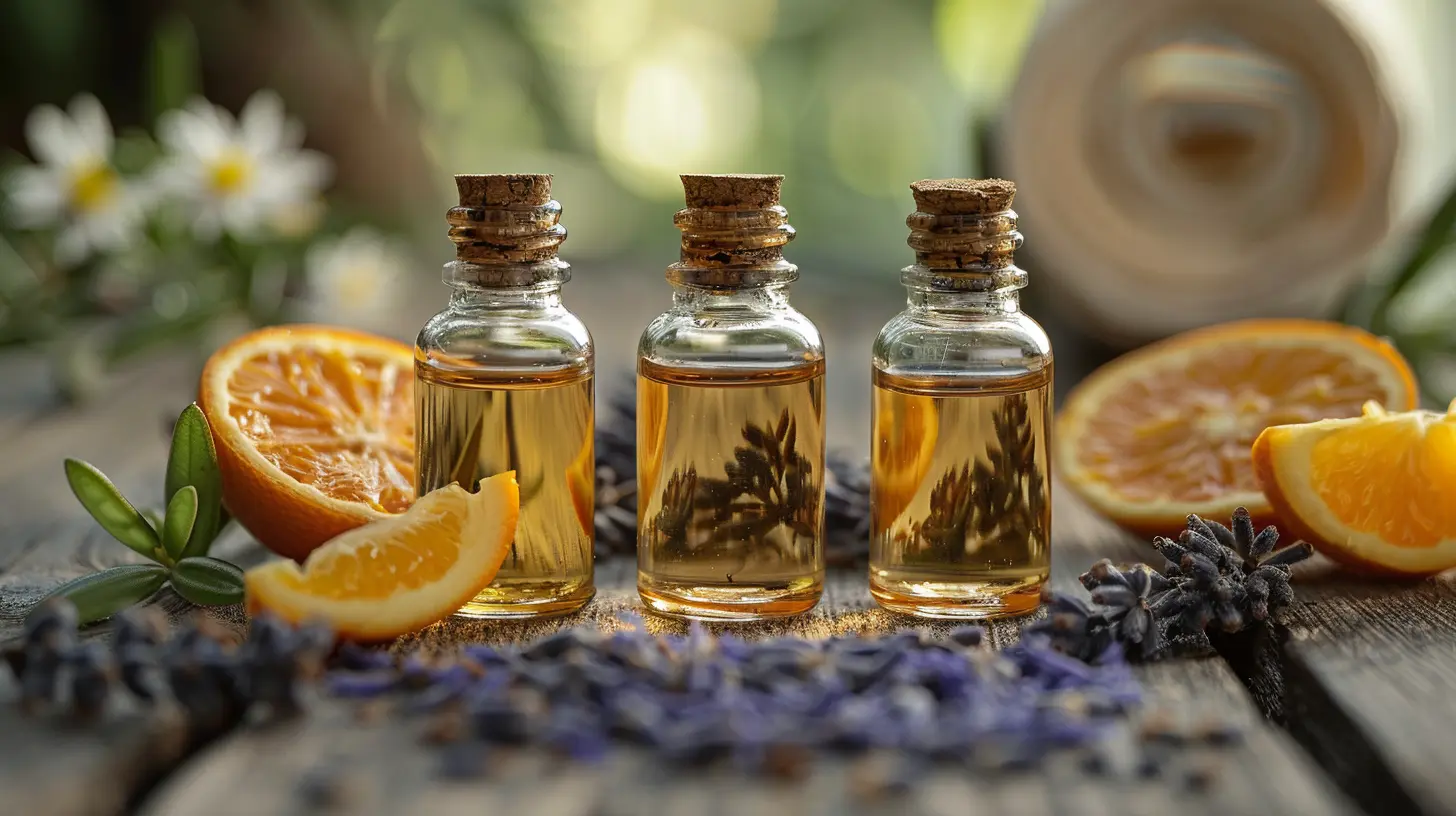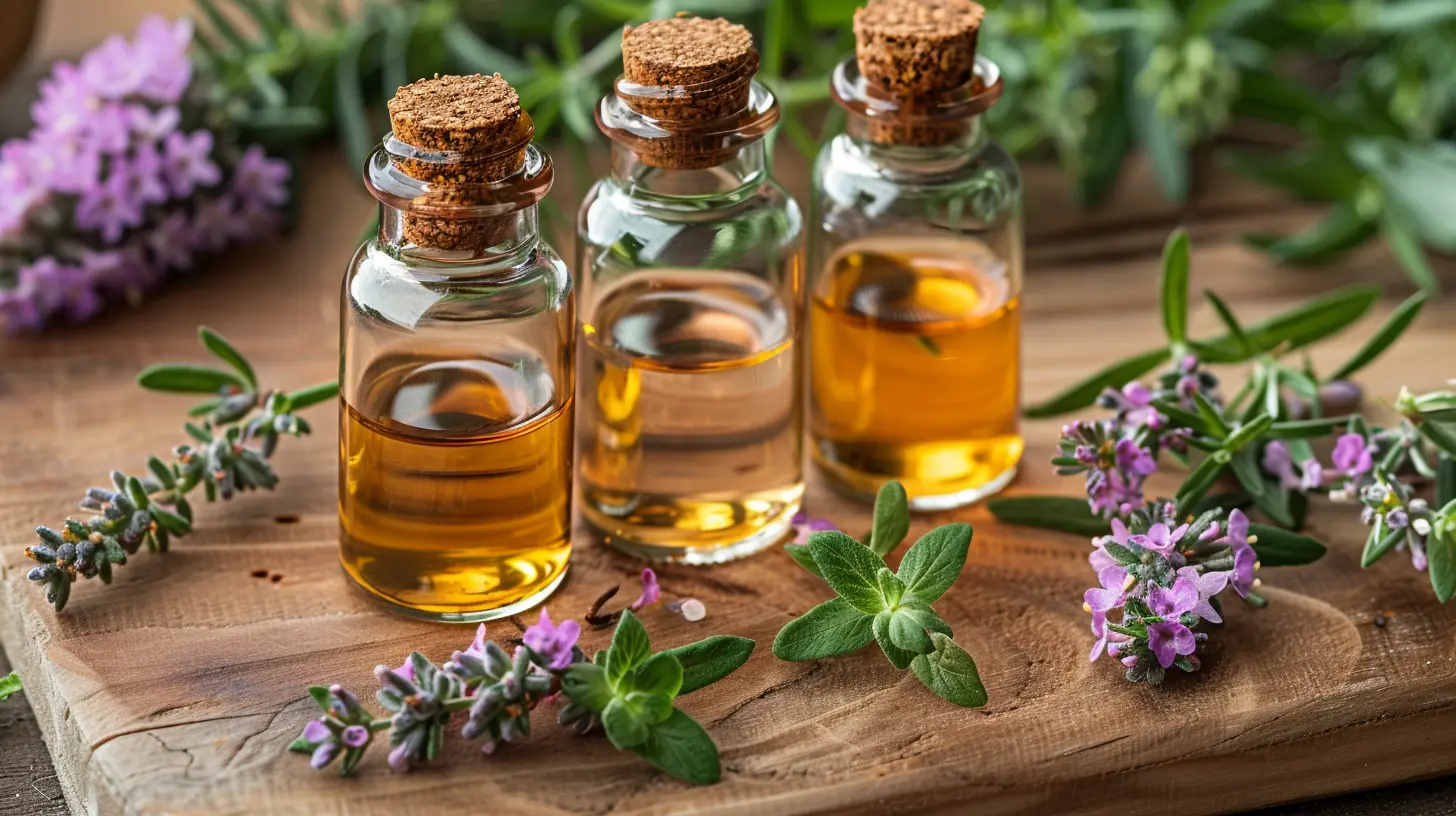20 April 2025
Ah, aromatherapy—the art of sniffing our problems away. If only life were that simple, right? You light a lavender-scented candle, close your eyes, and—poof!—all your stress magically disappears. At least, that’s what the wellness industry wants you to believe.
But before we start stocking up on essential oils like doomsday preppers, let’s take a step back and see what science actually says about this trend. Is aromatherapy a real stress-relief tool, or is it just another overpriced placebo wrapped in fancy packaging? Buckle up, because we’re about to dive nose-first into the truth.

What Is Aromatherapy, Anyway?
Simply put, aromatherapy is the use of essential oils extracted from plants to improve physical or psychological well-being. People have been inhaling, massaging, and even bathing in these oils for centuries, claiming benefits ranging from relaxation to pain relief.The idea is that certain scents can directly impact the brain—specifically the limbic system, which is responsible for emotions, memory, and, you guessed it, stress. Sounds promising, right? But let’s not get ahead of ourselves.

How Does Aromatherapy Supposedly Work?
If we believe the hype, aromatherapy works by triggering brain chemicals that help reduce stress. The process goes something like this:1. You inhale an essential oil.
2. Your nose sends signals to the brain’s limbic system.
3. Your brain reacts by releasing chemicals like serotonin and dopamine.
4. You suddenly feel calm, relaxed, and maybe even a little sleepy.
That’s the theory. But does sniffing a bottle of lavender oil really compete with, say, actual therapy, exercise, or a well-deserved nap? Let’s look at the research.

The Science Behind Aromatherapy and Stress Relief
You know what’s funny? There’s actually some decent science backing up aromatherapy—just not as much as essential oil companies would like you to think. Let’s break it down.1. Lavender: The MVP of Stress Relief
If aromatherapy had a prom king, it would be lavender. It’s the go-to scent for relaxation, and research backs that up. One 2012 study found that inhaling lavender essential oil reduced stress and anxiety in patients before surgery. Another study in 2013 found that lavender helped improve sleep quality in college students.Sounds impressive, right? But let’s not forget that deep breathing (which naturally happens when you inhale an essential oil) also reduces stress. So is it the lavender working, or just the act of slowing down and breathing deeply? Hmm…
2. Peppermint: Not Just for Fresh Breath
Peppermint oil is often promoted as an energy booster, but can it reduce stress? Some studies suggest it might help with mental fatigue and focus, which indirectly combats stress. But if you're downing five cups of coffee a day, no amount of peppermint is going to save you from burnout.3. Citrus Scents: The Mood Lifters
Lemon, orange, and bergamot oils are often marketed as natural antidepressants. A study found that inhaling bergamot oil helped reduce cortisol levels (aka the stress hormone) in participants. However, this wasn’t exactly a magic bullet—participants still had stress, just slightly less of it.4. Chamomile: The Ultimate Chill Pill
Chamomile tea is already famous for relaxing nerves, but the essential oil is supposedly just as good. One study found it helped reduce symptoms of generalized anxiety disorder. But again, let’s be real—if you’re inhaling chamomile oil while binge-watching Netflix, is it the oil making you relaxed or the fact that you're wrapped up in a blanket ignoring your responsibilities?
The Placebo Effect: Is Your Nose Fooling You?
Let’s talk about the elephant in the room—placebo. Plenty of people swear by aromatherapy for stress relief, but is it because the oils work or because they think they work?The placebo effect is real, folks. If you believe that inhaling lavender will calm you down, your brain might just play along. And honestly? If a $10 bottle of essential oil tricks your mind into believing you’re less stressed, maybe that’s not a bad thing. Stress relief is stress relief, even if your brain is faking it.
Aromatherapy vs. Other Stress-Relief Methods
Let’s be real—if essential oils were a miracle cure for stress, therapists would be out of business and we'd all be happily sniffing our way through life. While aromatherapy can help, it’s not meant to replace other proven stress-management techniques.1. Meditation vs. Aromatherapy
Meditation has mountains of research proving it reduces stress, boosts focus, and improves mental health. Aromatherapy? Not so much. If you're choosing between the two, just put your phone on silent, close your eyes, and meditate. Bonus points if you still want to add a nice scent to the room.2. Exercise vs. Aromatherapy
Exercise releases endorphins, which are basically nature’s stress-relief chemicals. Aromatherapy? Well, it smells nice. If you're really stressed, maybe hit the gym after lighting that lavender candle.3. Therapy vs. Aromatherapy
Aromatherapy might be a quick fix for stress, but talking to a therapist actually teaches you how to manage it. Essential oils can’t solve your problems, but a good therapist might help you find better coping mechanisms.Should You Try Aromatherapy for Stress Relief?
At the end of the day, aromatherapy is like the cherry on top of the stress-relief sundae. Does it help? Yeah, probably. Does it cure stress? Absolutely not.If you enjoy essential oils and they make you feel better, go for it! Just don’t expect them to replace legitimate mental health practices. Because let’s be honest—stress is stubborn, and it’s going to take more than a few good sniffs to make it disappear.
Final Thoughts
Aromatherapy isn't a magical stress eraser, but it’s not total nonsense either. It can be a great addition to your self-care routine—just don’t rely on a lemon-scented diffuser to fix your entire life.So next time you're feeling overwhelmed, go ahead and take a deep breath of lavender. And then, maybe, tackle the real source of your stress—whether it's work, relationships, or an alarming amount of unread emails.




Freya McGowan
This article offers a clear, science-backed overview of how aromatherapy can aid in stress relief. It’s refreshing to see practical insights supported by research. While results may vary, incorporating scented oils could be a simple addition to your self-care routine.
April 23, 2025 at 3:33 PM